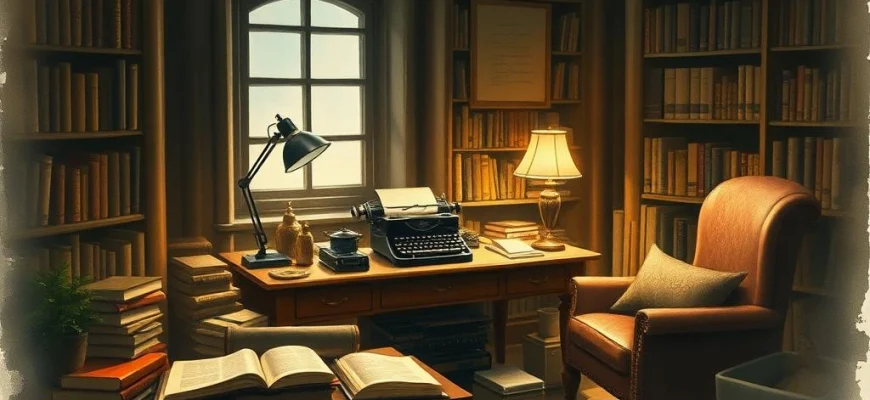If you loved 'Genius' (2016), the captivating drama about the brilliant but troubled editor Max Perkins and his work with literary giants like Thomas Wolfe, you're in for a treat. This article explores 10 similar movies and shows that delve into the lives of creative minds, intellectual struggles, and the power of mentorship. Whether you're a fan of historical dramas, biopics, or thought-provoking storytelling, these recommendations will keep you engaged.
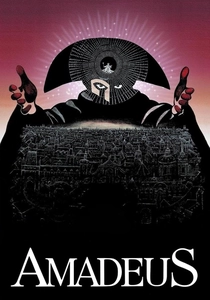
Amadeus (1984)
Description: A dramatic exploration of prodigious talent, rivalry, and the fine line between genius and madness, set in the world of classical music.
Fact: The film was adapted from Peter Shaffer's stage play, which itself took liberties with the historical relationship between Mozart and Salieri. It won eight Academy Awards, including Best Picture.
 Watch Now
Watch Now 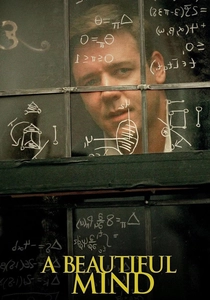
A Beautiful Mind (2001)
Description: A biographical drama that delves into the complexities of genius, showcasing how extraordinary intellect coexists with personal and psychological challenges.
Fact: The film took liberties with John Nash's life, including omitting his bisexuality and some of his more controversial political views. It won four Academy Awards, including Best Picture.
 Watch Now
Watch Now 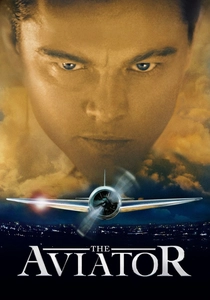
The Aviator (2004)
Description: A lavish depiction of a multifaceted genius whose innovations and eccentricities shaped industries, while battling personal demons.
Fact: The film used a combination of practical effects and digital technology to recreate vintage aircraft and scenes. It won five Academy Awards, including Best Supporting Actress for Cate Blanchett.
 Watch Now
Watch Now 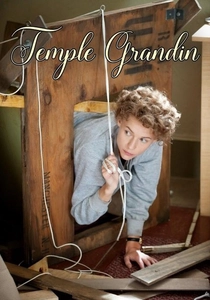
Temple Grandin (2010)
Description: A biographical portrayal of an individual whose unique way of thinking led to revolutionary changes in their field, despite societal and personal obstacles.
Fact: Claire Danes spent time with Temple Grandin to accurately portray her mannerisms and speech patterns. The film won multiple Emmy Awards, including Outstanding Made for Television Movie.
 Watch Now
Watch Now 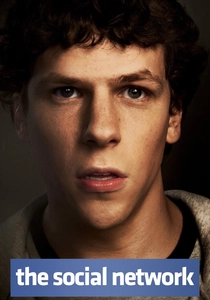
The Social Network (2010)
Description: A gripping tale of innovation, ambition, and the personal costs of genius, set against the backdrop of the digital revolution.
Fact: The screenplay was written by Aaron Sorkin, who crafted much of the dialogue based on his imagination rather than real events. The film won three Academy Awards.
 Watch Now
Watch Now 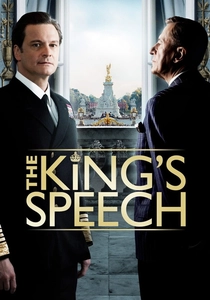
The King's Speech (2010)
Description: A story of overcoming personal limitations with the help of an unconventional mentor, leading to a triumphant public moment.
Fact: Colin Firth worked with a dialect coach to perfect King George VI's stammer. The film's post-production was rushed to meet the deadline for the Toronto International Film Festival, where it premiered to critical acclaim.
 Watch Now
Watch Now 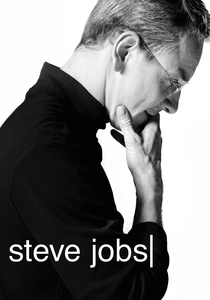
Steve Jobs (2015)
Description: This film dissects the complex personality of a visionary, blending his professional achievements with personal flaws and conflicts.
Fact: The movie is structured in three acts, each taking place before a major product launch. It was based on Walter Isaacson's biography but took creative liberties for dramatic effect.
 Watch Now
Watch Now 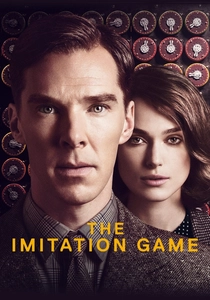
The Imitation Game (2014)
Description: This movie highlights the story of a mathematical genius whose work had a profound impact on history, while also dealing with societal rejection and personal secrecy.
Fact: Benedict Cumberbatch's performance was highly praised, and the film sparked renewed interest in Alan Turing's contributions to computer science. The script was on the Black List of best unproduced screenplays in Hollywood.
 Watch Now
Watch Now 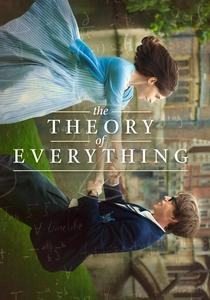
The Theory of Everything (2014)
Description: This film explores the life of a brilliant mind overcoming physical limitations to make groundbreaking contributions to science, focusing on personal struggles and intellectual triumphs.
Fact: Eddie Redmayne spent months studying Stephen Hawking's life and even met with him to prepare for the role. The film is based on Jane Hawking's memoir.
 Watch Now
Watch Now 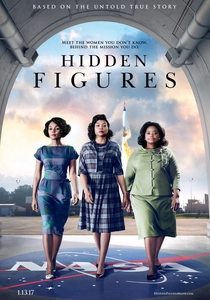
Hidden Figures (2016)
Description: A celebration of intellectual brilliance and perseverance in the face of racial and gender discrimination, focusing on unsung heroes of a pivotal historical moment.
Fact: The film was shot at locations including the NASA Langley Research Center. It was adapted from Margot Lee Shetterly's non-fiction book of the same name.
 Watch Now
Watch Now 
